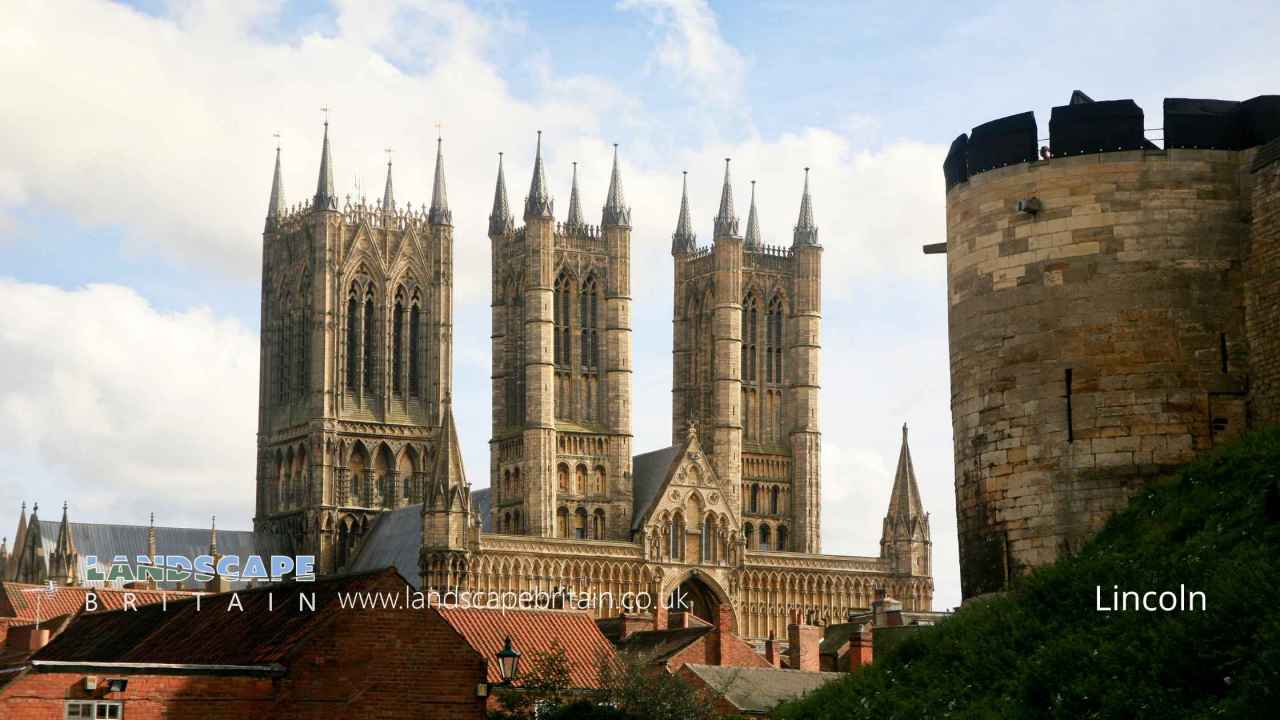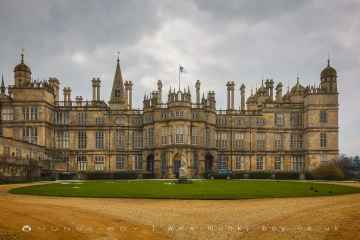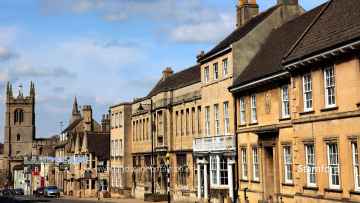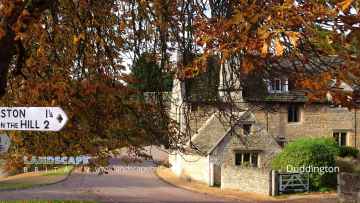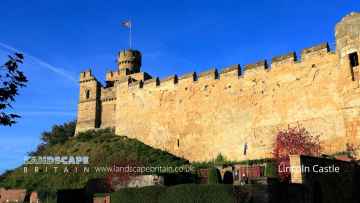Lincoln is a City in the county of Lincolnshire.
Lincoln is a vibrant city located in the East Midlands of England. Home to an ancient cathedral and historic cobbled streets, the city offers plenty for visitors to explore and enjoy.
Located in Lincolnshire, the county town of Lincoln has been a major settlement for thousands of years, as evidenced by its Roman walls, which still stand today. The city is also home to one of England’s oldest cathedrals, Lincoln Cathedral, built in 1072 and featuring medieval stained glass windows and impressive towers. Visitors can take part in guided tours of the cathedral or explore the area independently on foot.
The heart of Lincoln is buzzing with creativity and year-round events such as beer festivals, music festivals, arts and craft fairs — even a cheese rolling competition! Bailgate is dotted with independent galleries, boutiques and cafés; shoppers can pick up unique souvenirs from this eclectic corner of the city or simply relax with a cup of coffee from one of many quaint cafés
Nearby Steep Hill boasts an array of charming pubs and restaurants as well as some interesting shops selling handmade gifts such as woodwork carvings or pottery items. A short walk away lies Lucy Tower Gardens — take a break here before exploring historical buildings such as The Collection Museum or Bishop’s Palace nearby. With its stunning views over the city rooftops, this natural oasis provides respite from bustling streets below
For culture vultures looking for something different there are plenty of quirky activities on offer like watching Shakespeare’s plays performed at Lincoln Castle every summer or visiting Hartsholme Country Park where you can spot rare bird species while having a picnic lunch.
Lincoln truly offers something for everyone: whether you’re looking for outdoor activities or cultural experiences – you won’t be disappointed! From scenic walks along River Witham to haunted ghost tours through its narrow alleyways; from tasting local delicacies such as Lincolnshire sausages to enjoying live music performances during weekends – there is so much to see and do that you’ll never be bored during your stay here!
Lincoln postcode: LN2 1
There are great places to visit near Lincoln including some great historic buildings, airports, towns, villages, cities and castles.
Historic Buildings to visit near Lincoln include Burghley House, and Lincoln Castle.
Places near Lincoln feature a number of interesting airports including Humberside Airport.
Lincoln is near some unmissable towns like Stamford,
Places near Lincoln feature a number of interesting villages including Duddington.
The area close to Lincoln boasts some of the best cities including Lincoln.
Don't miss Lincoln Castle's castles if visiting the area around Lincoln.
Lincoln History
There are some historic monuments around Lincoln:
Places to see near Lincoln
History of Lincoln
The Romans conquered this part of Britain in AD 48 and shortly afterwards built a legionary fortress high on a hill overlooking the natural lake formed by the widening of the River Witham (the modern day Brayford Pool) and at the northern end of the Fosse Way Roman road (A46). The Celtic name Lindon was subsequently Latinised to Lindum and given the title Colonia when it was converted into a settlement for army veterans. The conversion to a colonia was made when the legion moved on to York (Eboracum) in AD 71. Lindum colonia or more fully, Colonia Domitiana Lindensium, after the Emperor Domitian who ruled at the time, was established within the walls of the hilltop fortress with the addition of an extension of about equal area, down the hillside to the waterside below. It became a major flourishing settlement, accessible from the sea both through the River Trent and through the River Witham. On the basis of the patently corrupt list of British bishops who attended the 314 Council of Arles, the city is now often considered to have been the capital of the province of Flavia Caesariensis which was formed during the late-3rd century Diocletian Reforms. Subsequently, however, the town and its waterways fell into decline. By the close of the 5th century the city was largely deserted, although some occupation continued under a Praefectus Civitatis, for Saint Paulinus visited a man of this office in Lincoln in AD 629.





